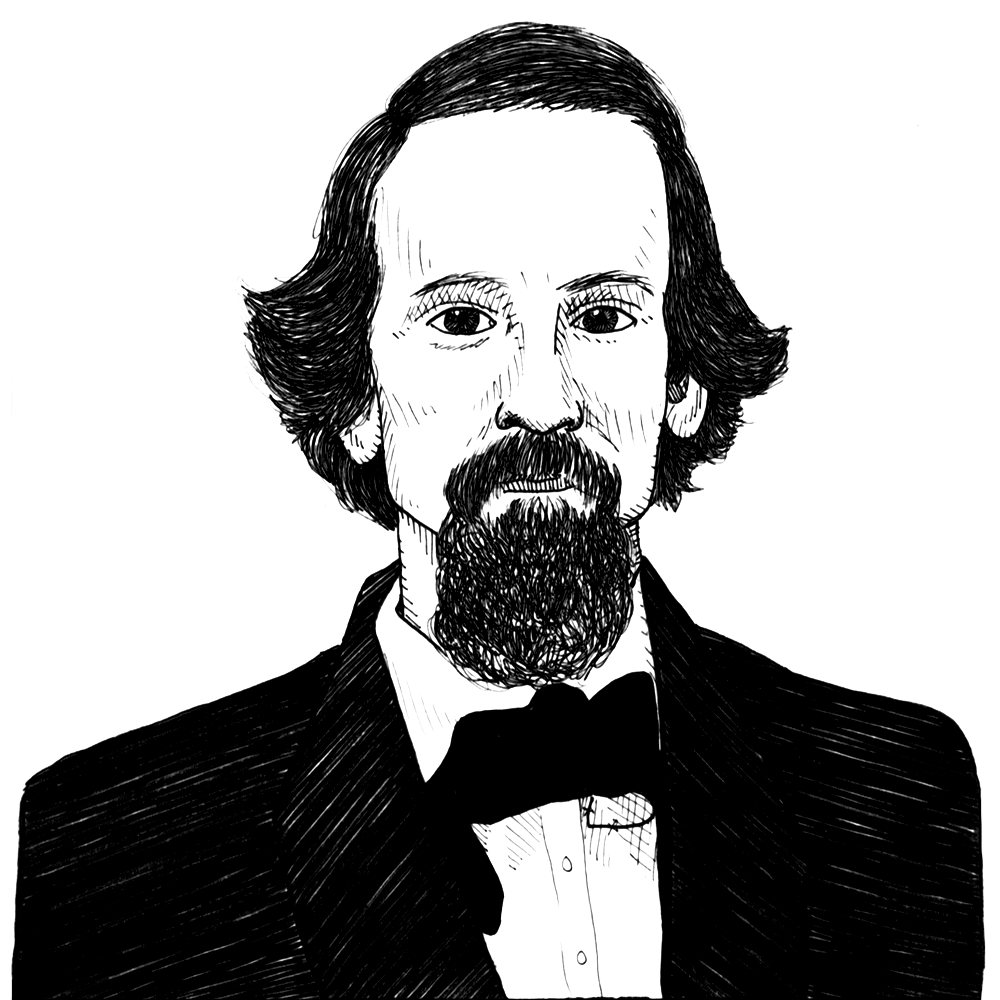
Henry George on the scramble to get government favors known as trade “protection” (1886)
Found in: Protection or Free Trade
The late 19th century American free trader Henry George (1839-1897) dismisses the argument that governments can identify which industries truly deserve government favors like trade protection. Instead we are likely to see a “scramble” for such favors at the pubic trough:
Free Trade
All experience shows that the policy of encouragement, once begun, leads to a scramble in which it is the strong, not the weak; the unscrupulous, not the deserving, that succeed. What are really infant industries have no more chance in the struggle for governmental encouragement than infant pigs have with full grown swine about a meal tub. Not merely is the encouragement likely to go to industries that do not need it, but it is likely to go to industries that can only be maintained in this way …